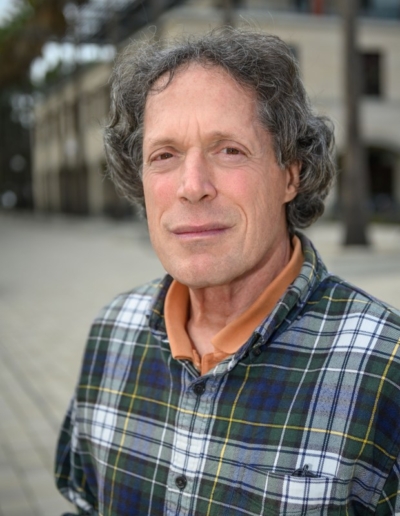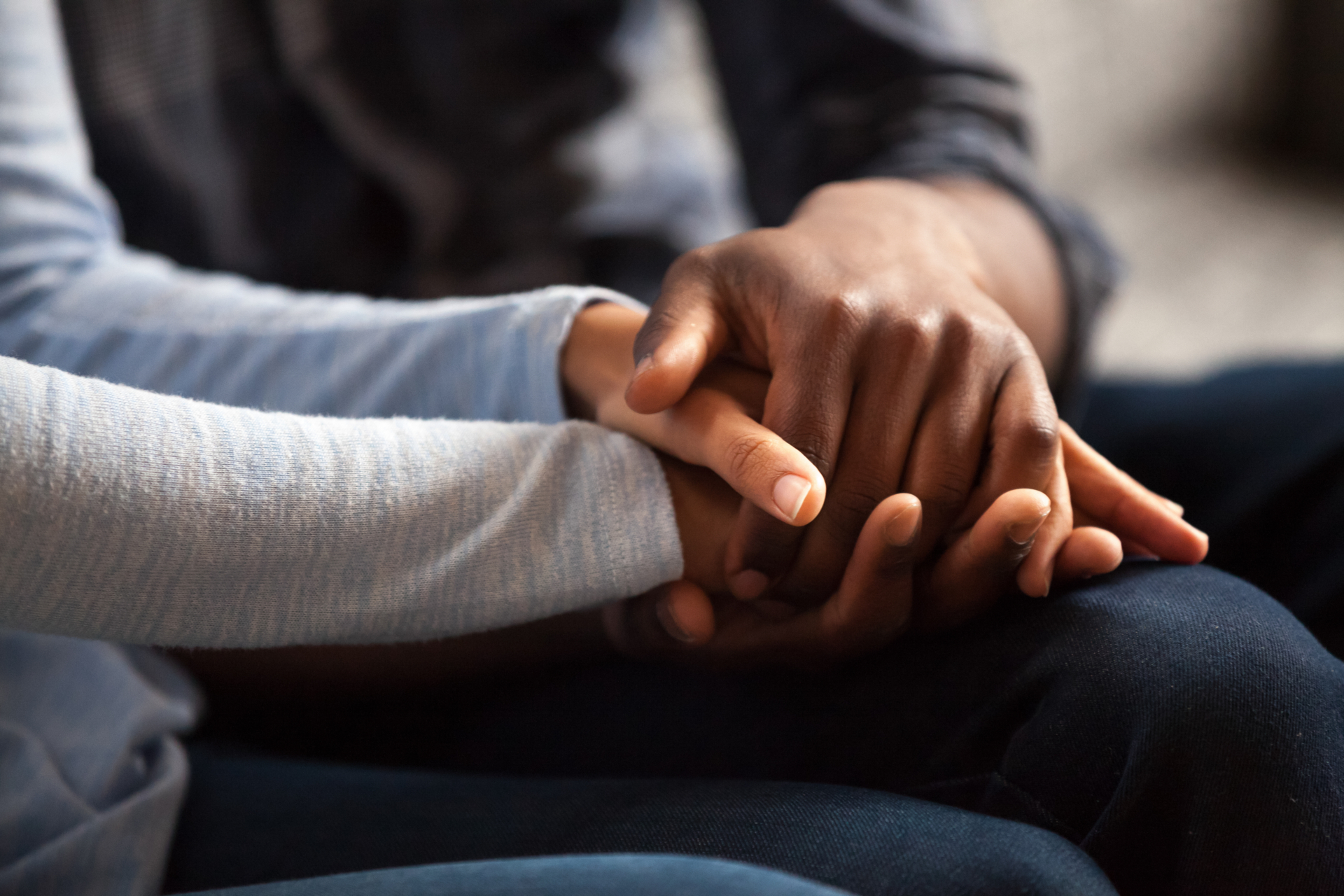By ANGELA HILL | Bay Area News Group
Courtesy of Mercury News
Here’s a prescription for better health and happiness: Forgive.
Yes, forgiving someone who has hurt you can reduce anger, depression, stress – and even blood pressure — and lead to greater feelings of optimism, hope, compassion and self-confidence.
This is not just a nice, ethereal concept or something a Sunday school teacher once told you to do. There’s a method to this gladness, with ongoing research that shows forgiveness can promote improved mental and physical health.
We spoke with Dr. Fred Luskin, director of the Stanford University Forgiveness Projects and author of “Forgive for Good: A Proven Prescription for Health and Happiness,” “Stress Free for Good,” and “Forgive for Love.” He’s also a contributor for the Greater Good Science Center at UC Berkeley and serves as co-chair of the Garden of Forgiveness Project at Ground Zero in Manhattan.

Dr. Fred Luskin, who heads up Stanford University’s Forgiveness Projects, says forgiveness can make a notable difference in your physical as well as emotional health. (Courtesy Stanford University)
Q: How does forgiveness affect one physically?
A: Forgiveness is an attitude of mind and heart that first feels the suffering of loss, mistreatment or betrayal and then lets it go. When the suffering is not released, it burdens the nervous, cardiovascular and endocrine systems leading to physical issues over time. The “un”-forgiveness puts stress on the system and, with any stress-related physical response, the effect is on the organ system that is the weakest.
Q: Is forgiveness conditional?
A: It’s much easier to forgive someone who has apologized and, in particular, made amends. But relying on the offender to do so gives them a lot of power over us. Sometimes, it is foolish to wait for an apology from someone who does not like us or believes we deserved what happened to us and assumes no responsibility for our suffering. And when a person who has wronged us has died, that person cannot make amends or an apology. So that suggests that forgiveness should be a separate issue from what the offender offers.
Q: Some resist forgiveness because they feel it’s condoning the bad act. How do you get past that?
A: Forgiveness is not making excuses for bad behavior nor saying something was OK. Forgiveness says I believe an action was wrong and caused harm – it acknowledges the wounding and then also recognizes the need to move on and release the negativity and burden so one can both enjoy one’s life and not be so prejudiced by one’s past.
Q: Is forgiving oneself more difficult than letting go of another’s transgressions?
A: Some folks forgive themselves very readily and never forgive others. Some are great at forgiving others and very hard on themselves. Some folks have a hard time forgiving anything. The healthiest among us are able to legitimately feel our pain and sometimes have anger. Then the healthy express the emotions appropriately, allow themselves to grieve the wounds they feel and then move on to the rest of their lives.
Q: We often think of forgiveness as applying to an individual. Is it possible to expand the concept, perhaps forgiving political leaders, terrorists or even life itself when there’s something — like a pandemic — that seems so existentially unfair?
A: Forgiveness is an attitude towards life. Forgiveness is a state of mind and heart that allows the negative feelings to emerge and accept them, process them and, in time, let them go. This process can be toward anything and is often both personal and collective. Forgiveness is much easier when people practice gratitude for the amazing blessing of being alive and all the abundance we have and compassion to recognize that we are never alone in our suffering, and often many folks have far worse experiences to deal with than do we.
Three tips from Luskin to hone your forgiveness skills:
Notice the good all around us — the beauty of nature, the gifts and love of friends and family. The number of positive experiences we have daily can be remarkable. That attention is the balance point for handling the difficult situations that seem rough or unmerited.
When upset, practice stress management, not dwelling. Take a couple of slow deep breaths into and out of your belly and remember an image of someone you love.
Learn to tell more stories about our lives that are positive: Stories that highlight things we have learned, experiences that have helped us grow, people who have done right by us — instead of focusing so much attention on our complaints, problems and grievances.


Leave A Comment